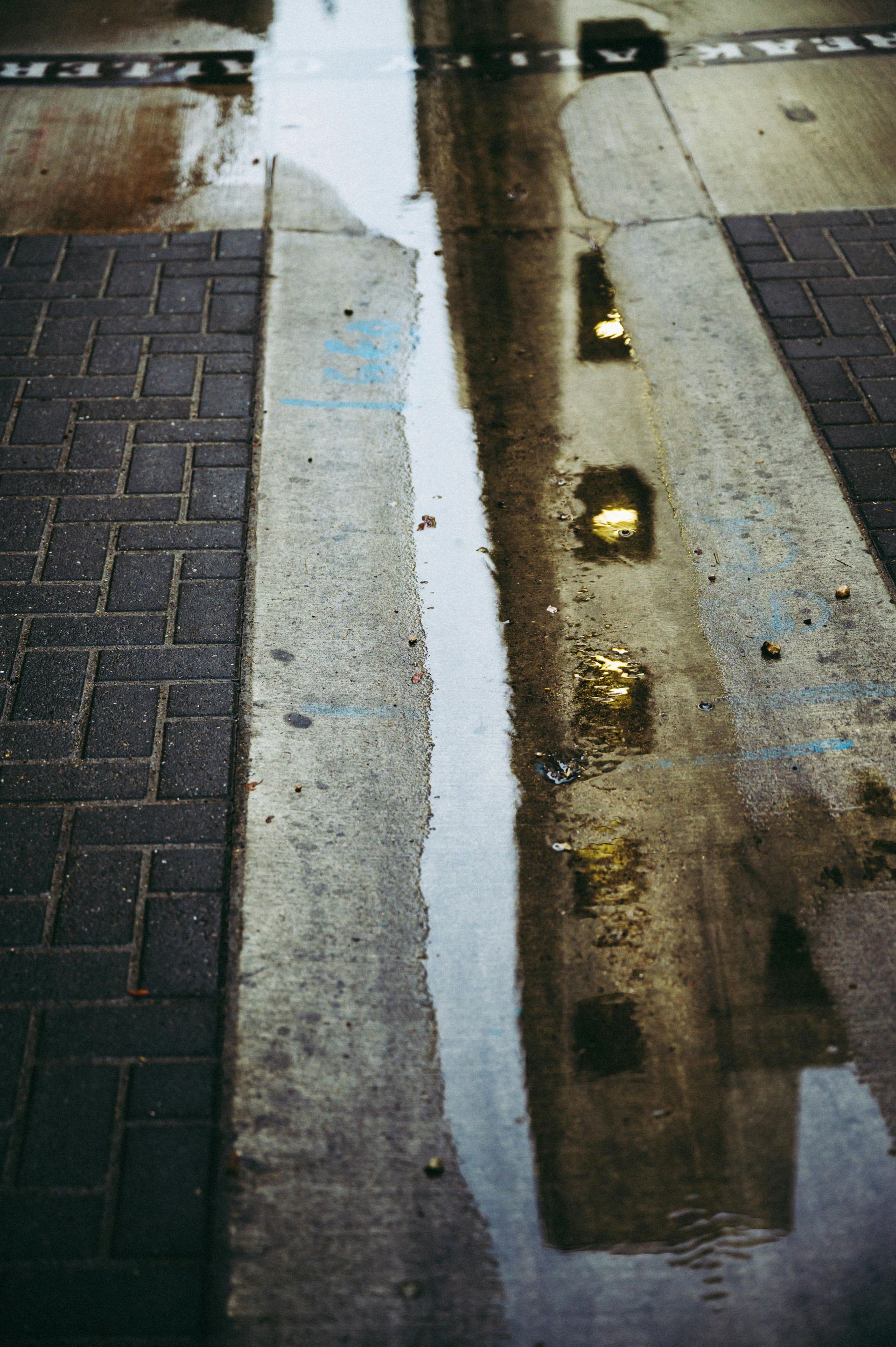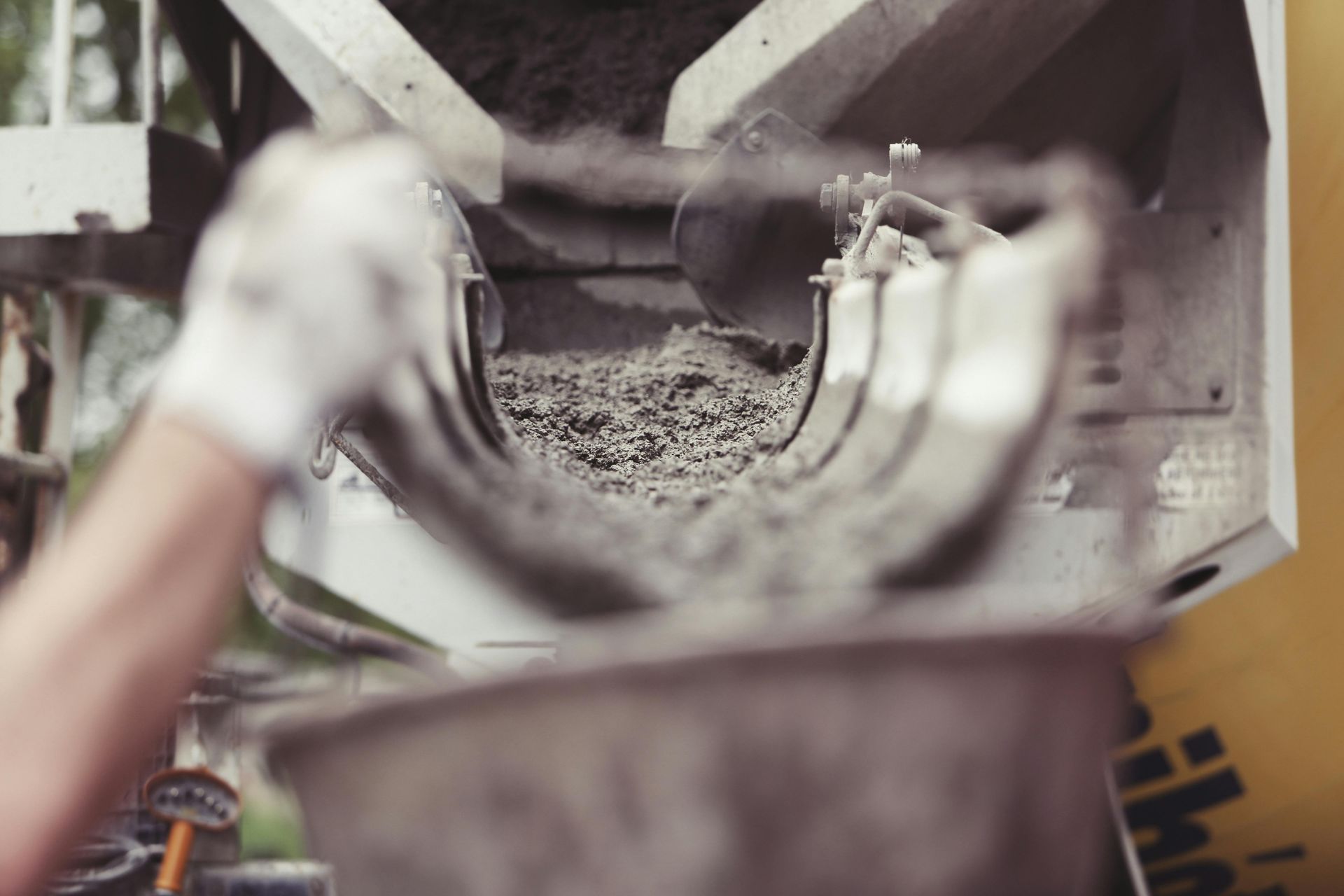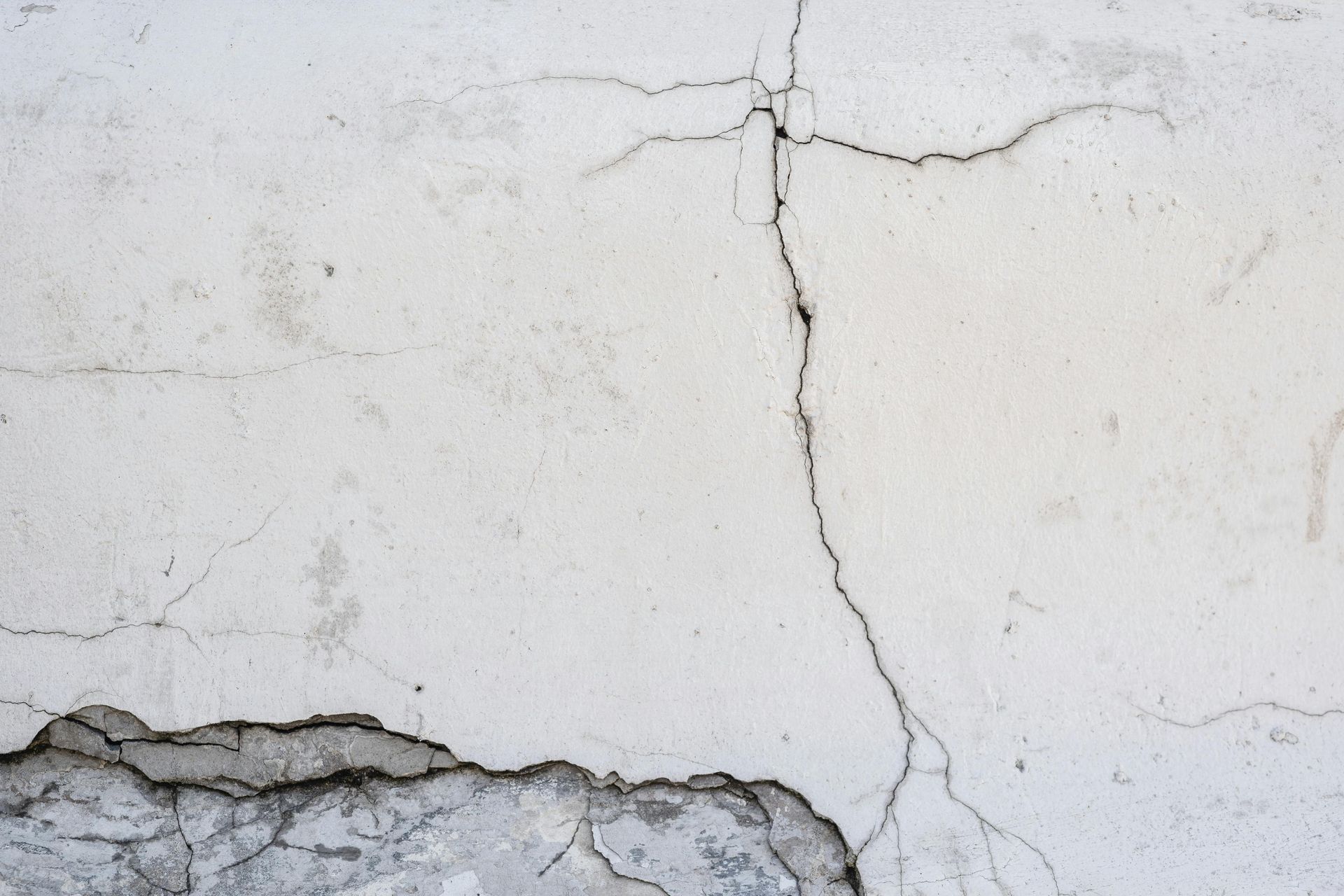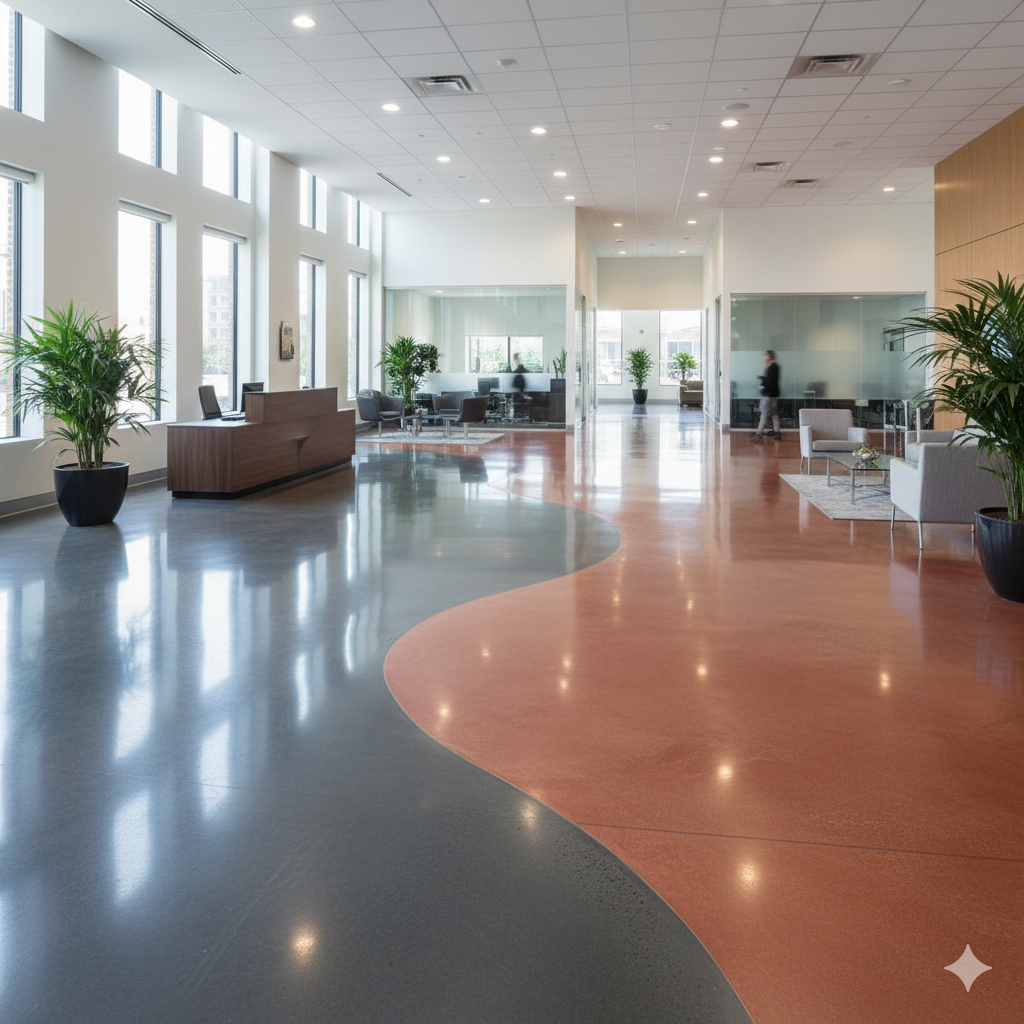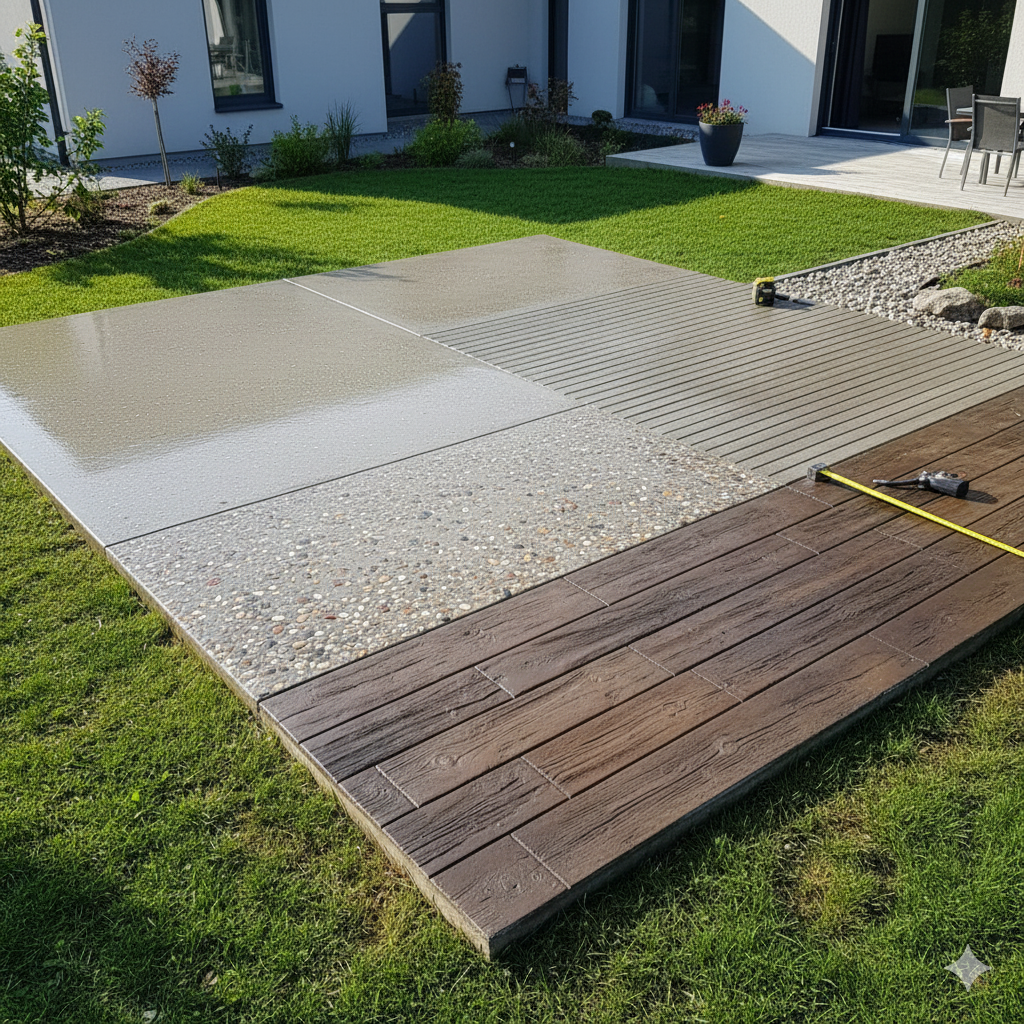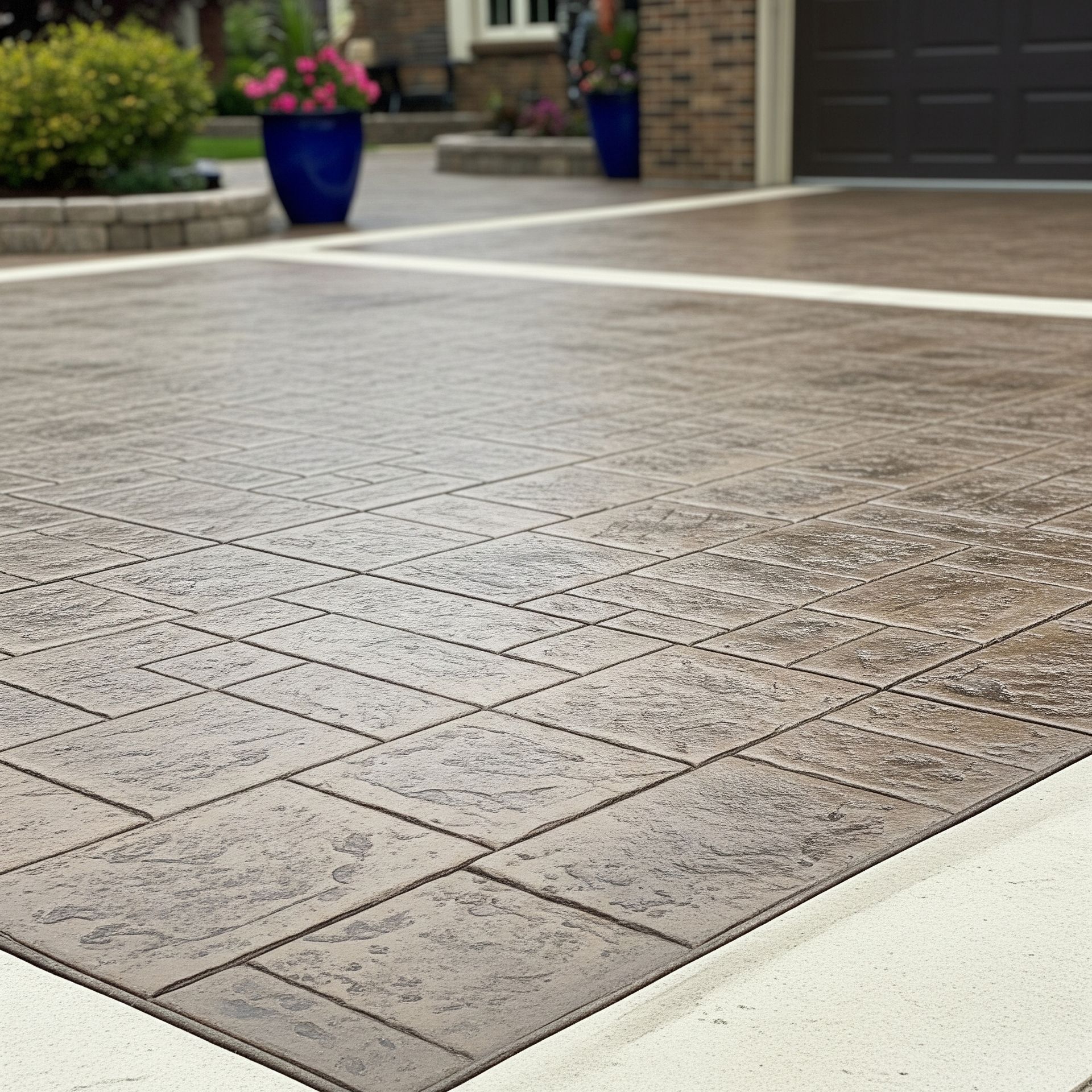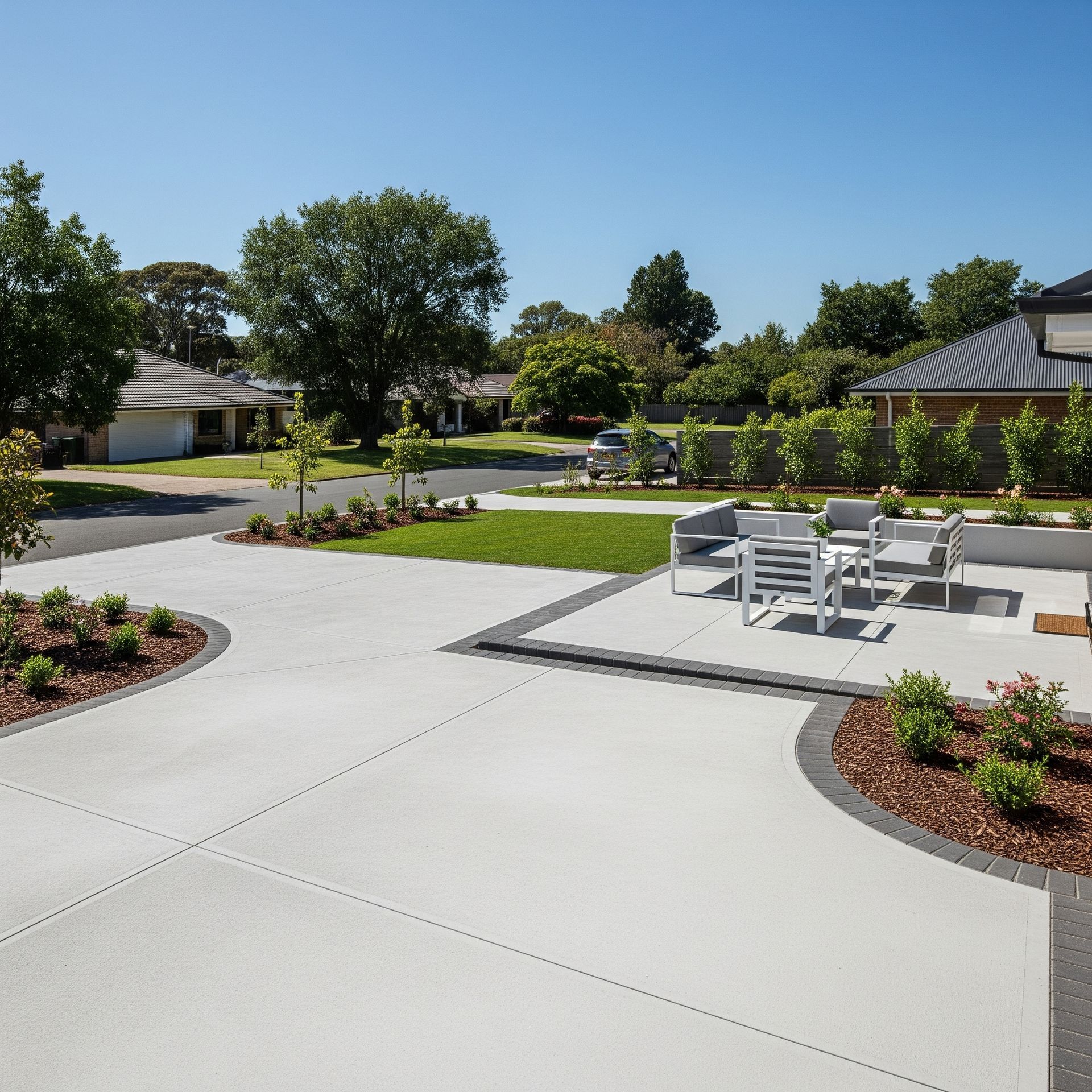How to Prevent Cracks in Your Concrete Driveway: 7 Tips That Will Save You Money
Your concrete driveway is more than just a place to park your car—it’s an essential part of your home’s curb appeal. Unfortunately, over time, driveways can develop cracks due to wear and tear, weather, and other environmental factors. The good news is that there are steps you can take to prevent cracks in your concrete driveway, saving you both time and money on repairs.
If you want to extend the lifespan of your driveway, stop cracks before they start, and improve the overall look of your home, keep reading. This article will guide you through best practices for concrete driveway crack prevention that every homeowner should know.
Why Concrete Driveways Crack
Before we dive into how to prevent cracks in concrete driveways, let’s first understand why these cracks happen in the first place. Several factors contribute to driveway deterioration, including:
• Weather: Freezing and thawing cycles cause the concrete to expand and contract, eventually leading to cracks.
• Improper Installation: If the concrete wasn’t mixed or installed correctly, it might crack much sooner than expected.
• Heavy Loads: Cars, trucks, or even heavy equipment driving over the driveway can cause stress and lead to cracks.
• Lack of Sealing: Without the right sealant, moisture can seep into the concrete, causing it to crack and deteriorate over time.
Knowing the causes helps you understand the steps you need to take to maintain concrete driveway and prevent future damage.
1. Properly Install Your Concrete Driveway
The first step in preventing cracks in your concrete driveway is to make sure it’s installed properly from the start. This means hiring an experienced contractor who understands the importance of:
• Proper grading: The ground beneath your driveway needs to be graded correctly to ensure water drains away from the surface. Poor drainage can lead to pooling water, which contributes to cracks.
• Concrete mix: The concrete should be mixed in the right proportions. Too much water in the mix can weaken the concrete, making it more susceptible to cracking.
• Proper thickness: A driveway should be at least 4 inches thick to withstand the weight of vehicles and foot traffic.
By focusing on proper installation, you’ll have a solid foundation for your driveway that can prevent cracks for years.
2. Seal Your Driveway Regularly
One of the easiest and most effective ways to prevent cracks in concrete driveway is by applying a high-quality sealant. Sealing the driveway protects it from moisture, UV rays, and de-icing chemicals that can weaken the surface.
• How often should you seal your driveway? Experts recommend resealing your driveway every 1 to 3 years, depending on weather conditions and how much traffic it sees.
• What type of sealant is best? There are two types of sealers: acrylic and epoxy. Acrylic is more affordable and easier to apply, while epoxy is more durable but requires professional application.
Sealing your concrete regularly not only prevents cracks but also enhances its appearance, giving your driveway a clean, glossy finish.
3. Use Concrete Expansion Joints
Concrete is a rigid material that will expand and contract with changes in temperature. Without proper expansion joints, the concrete is more likely to crack due to stress.
• What are expansion joints? These are gaps between sections of concrete that allow the driveway to expand and contract without causing damage.
• Where should expansion joints be placed? They should be spaced every 10 to 15 feet across your driveway, depending on its size.
Installing expansion joints ensures that your concrete driveway can move with the changes in temperature, preventing unnecessary cracks in the driveway.
4. Repair Small Cracks Quickly
Even with the best prevention methods, small cracks may still develop over time. However, addressing these cracks early can prevent them from turning into major issues that require concrete driveway crack repair.
• How to repair small cracks: Use a concrete crack filler, which can be easily applied using a caulk gun. Clean the crack thoroughly, apply the filler, and smooth it out to make it level with the surface.
• Don’t wait for the cracks to worsen: The longer you wait to repair them, the more water can seep in and cause further damage.
By repairing cracks early, you’ll avoid bigger problems and save money on major repairs down the line.
5. Avoid Using De-Icing Chemicals
When winter hits, it’s tempting to use de-icing chemicals to keep your driveway clear of ice. However, these chemicals can cause long-term damage to your concrete driveway, leading to cracks.
• What chemicals should you avoid? Sodium chloride (rock salt) and calcium chloride are common de-icing agents that can degrade concrete over time.
• What can you use instead? Use sand for traction or a safer alternative like magnesium chloride, which is gentler on concrete.
By avoiding harsh chemicals, you’re not only preventing driveway cracks but also helping the environment.
6. Regularly Clean Your Concrete Driveway
Keeping your driveway clean helps prevent the buildup of dirt, debris, and moisture, which can weaken the surface. Regular cleaning also ensures that any cracks or damage are visible before they get worse.
• How often should you clean your driveway? At least once a season, but more frequently if you notice dirt or oil stains building up.
• What should you use to clean your driveway? A pressure washer or a mild detergent and a stiff broom are great options for cleaning concrete driveways.
7. Avoid Parking Heavy Vehicles on Your Driveway
Heavy trucks, trailers, or equipment can cause significant stress on your driveway and contribute to cracks.
• What should you avoid? Don’t park vehicles that are too heavy for the surface, especially if the driveway is older.
• How can you minimize the risk? If possible, park heavy vehicles on a gravel or asphalt surface instead.
This simple step can prolong the life of your driveway and help avoid unnecessary driveway repairs.
Final Thoughts
Preventing cracks in your concrete driveway is possible with the right knowledge and tools. By following these best practices for concrete driveway crack prevention, you’ll maintain the beauty, functionality, and longevity of your driveway for years to come. Whether it’s repairing small cracks quickly, sealing your driveway regularly, or using expansion joints, these tips can save you money and help your driveway stay in top condition.
Don’t wait until the damage is done—start implementing these simple steps today and enjoy a smooth, crack-free driveway!
